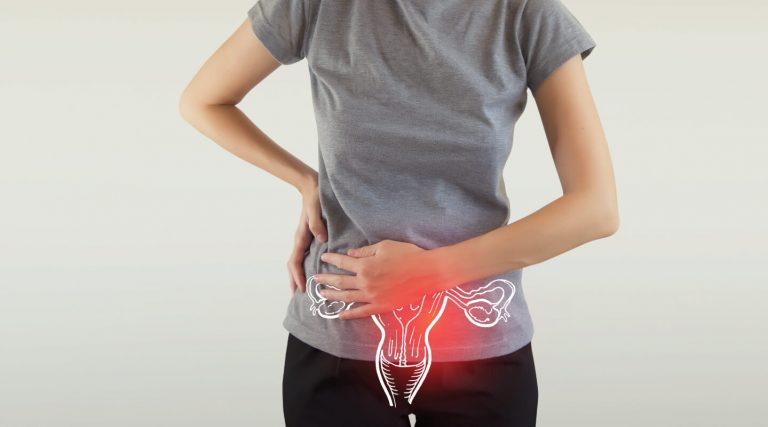Cervical Cancer
What is cervical cancer?
Cervical cancer is the tenth most common cancer in Singaporean women. It is a type of cancer that forms in the cervix, which is the lower part of the uterus (womb) that connects to the vagina. With early detection, cervical cancer can be effectively treated.
What causes cervical cancer?
Cervical cancer is usually caused by a virus called human papillomavirus (HPV). HPV is a very common virus that is transmitted through sexual contact. Most people who are sexually active will get HPV at some point in their lives, but the immune system usually clears up the virus. However, some individuals develop persistent infections with certain strains of HPV, which can lead to cervical cancer.
What are symptoms of cervical cancer?
In the early stages of cervical cancer, there may be no symptoms at all. Therefore, regular Pap tests are crucial for detecting cervical cancer early. As the cancer progresses, the following symptoms may occur:
- Vaginal bleeding between periods, after sexual intercourse, or after menopause.
- Vaginal discharge that is abnormal, such as a watery, bloody and a foul-smelling discharge.
- Pain during sexual intercourse.
- Pelvic pain.
If you experience any of these symptoms, it is important to speak to your doctor as soon as possible. Having these symptoms does not mean that you have cervical cancer. Other conditions, such as infections, can cause similar symptoms. However, if you experience any of these symptoms, it is important to consult your doctor to determine the cause and receive appropriate treatment.

How can you protect yourself from cervical cancer?
Here are some ways to reduce your risk of cervical cancer:
1) HPV Vaccination
HPV vaccination can help protect against the types of HPV that most commonly cause cervical cancer. The vaccine is most effective when it is given before a person becomes sexually active. It is recommended for males and females between the ages of 9 and 26.
2) Regular Pap Tests
Pap tests can help detect abnormal cells in the cervix early, before they turn into cancer. All women aged 25 and above who have ever had sex should have either a Pap test once every 3 years (for women 25 to 29 years old) or a HPV (or HPV DNA) test once every 5 years (for women 30 years and above).
3) Practice Safe Sex
Using condoms and limiting the number of sexual partners can help reduce the risk of HPV infection and, therefore, the risk of cervical cancer.
4) Don't Smoke
Smoking increases the risk of cervical cancer. Quitting smoking or not smoking can help reduce the risk of cervical cancer.
With early detection, cervical cancer can be effectively treated. Reduce your risk of developing cervical cancer by taking the HPV vaccination and going for regular pap tests.







